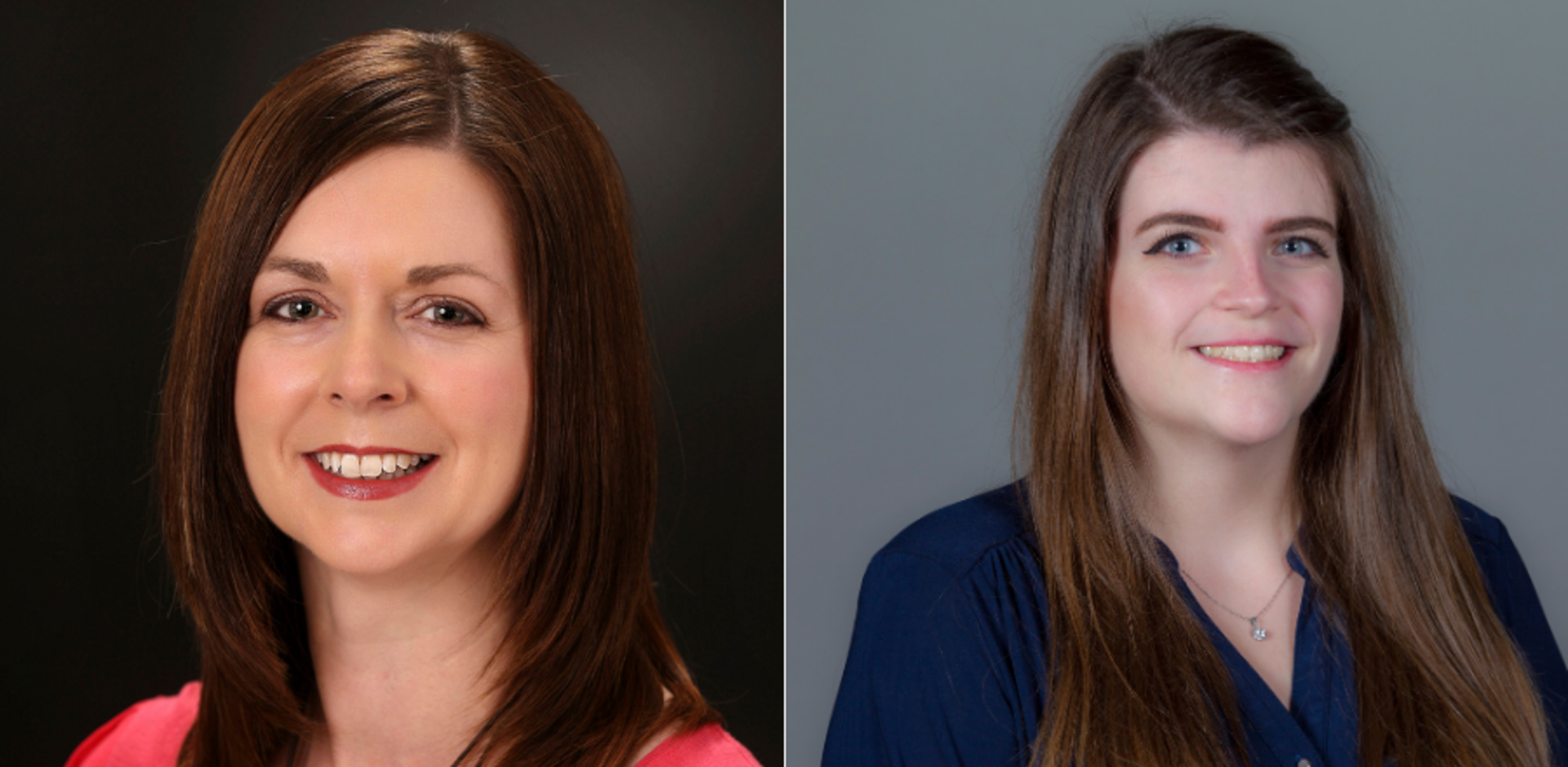Supporting the mental wellbeing of BAME and LGBTQ+ student communities

GCU’s Head of Physiotherapy and Paramedicine Dr Heather Gray and Project Officer for Student Mental Health Rachel Simpson are leading a new project looking at ways to support BAME and LGBTQ+ student communities over the next six months.
Dr Gray, as project lead, highlighted that the COVID-19 pandemic has triggered an increase in stress, anxiety, depression and loneliness among students. However, she stressed that the impact of the pandemic on BAME and LGBTQ+ communities is even greater.
Dr Gray and Rachel, as deputy lead, will head up a new QAA Scotland Collaborative Cluster on Supporting the Mental Wellbeing of our BAME and LGBTQ+ Student Communities as part of its new Enhancement Theme ‘Resilient Learning Communities’ project.
They will work in collaboration with the NUS Scotland Think Positive campaign, Student Partnerships in Quality Scotland (sparqs), University of Stirling and Scotland’s Rural College.
The aim of the project is to use the expertise of HEI staff to create inclusive curricula and learning communities that promote a sense of belonging and mental wellbeing for students with protected characteristics.
Dr Gray said: “I am really delighted and privileged to be heading up this important piece of work that will hopefully bring benefits across Scotland’s HE sector in relation to designing inclusive curricula that have a positive impact on the mental wellbeing of our BAME and LGBTQ+ student communities. This, of course, in turn will result in benefits to the whole student community.
“The outbreak of the Covid-19 pandemic has placed an unprecedented mental health burden on students, evidencing higher levels of stress, anxiety, and depression, with 83 per cent expressing worsening of pre-existing mental health conditions with significant rises in isolation-induced loneliness (a recognised suicide risk).
“In addition to the presence of the pandemic, students with protected characteristics such as ethnicity, in particular BAME and sexual/gender identity LGBTQ+ communities, are further impacted negatively with regard to student mental wellbeing and sense of belonging. An inclusive curriculum enhances the way students learn, academics teach, and promotes mental wellbeing.”
In the coming months, the collaborative cluster will carry out a scoping review of key toolkits, frameworks and guidance documents in relation to designing inclusive curricula for the two specific communities of students.
It will deliver four professional development webinars between February and May for Higher Education staff and conduct qualitative research to collect the views of students on the barriers and facilitators they have experienced in relation to the curriculum and their mental wellbeing.
This current Collaborative Cluster builds on the successful previous Enhancement Theme led by Dr Gray and senior physiotherapy lecturer Dr Shiv Shanmugam on student mental wellbeing and the curriculum - project outputs from this can be found on QAA Scotland Enhancement Theme’s website.
If anyone is interested in finding out more about this important project please contact Dr Gray – h.gray@gcu.ac.uk
